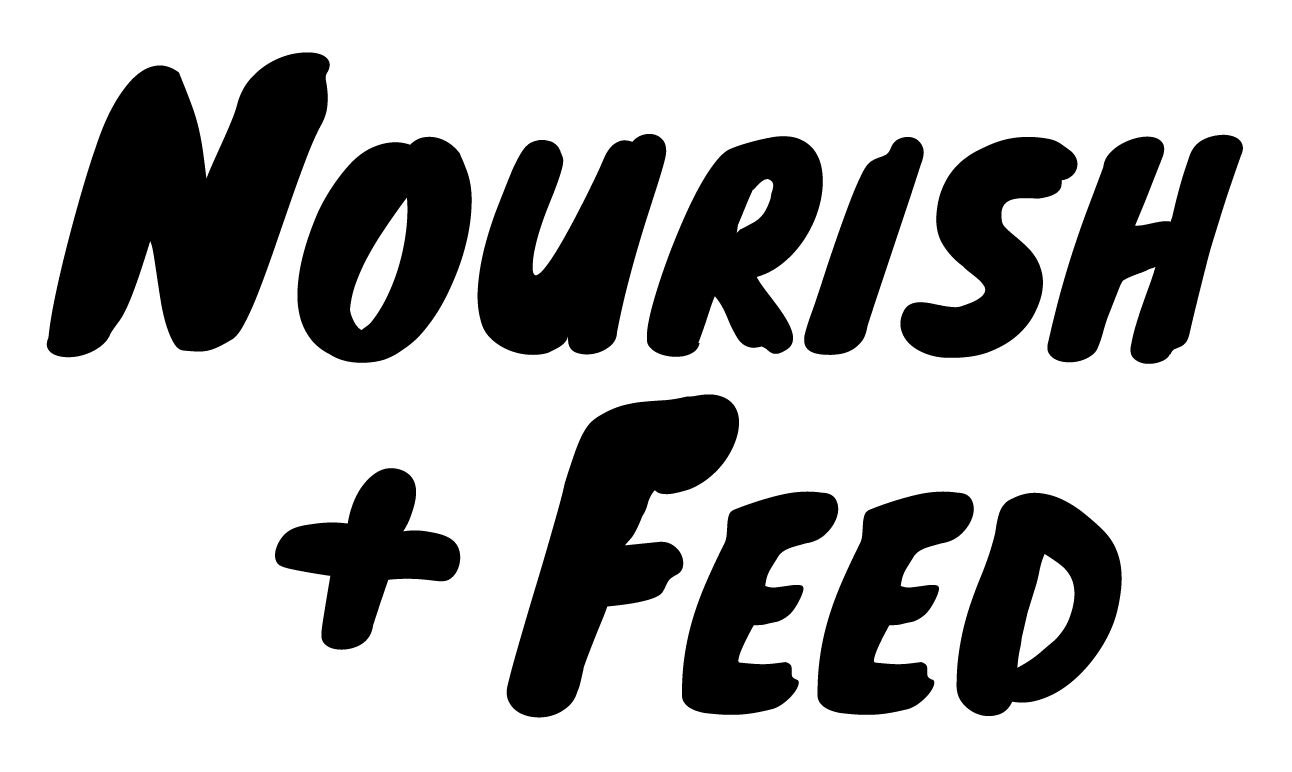3 Positive + Realistic Health and Nutrition Tips from a Dietitian 📚🥑
This Autumn, we worked with our good friend and Dietitian Simone from @nutritionwrks.
Simone’s an established Accredited Practising Dietitian, and an Advanced Sports Dietitian at Nutrition Works; a Sports Nutrition private practice based in Perth.
Her day to day work sees her liaise as the Sports Dietitian for the for West Coast Eagles and the WA Ballet. If she’s not with these local sports teams, she’s lecturing in Exercise and Sports Nutrition at Curtin University.
Simone collaborated with our head Chef to create our Dietitians’ Daily Greens Salad.
It’s a wild time at the moment, so we thought we should sit down with her to get 3 simple and realistic health tips.
Life is busy [or not at all] and fuelling your day with fresh, easy to source foods ensures you have the energy to enjoy each day, no matter what gets thrown at you.
Let’s get to it.
1. The first is aiming to have 15 different foods everyday.
Think about a typical day….Do you have:
1 serve of lean protein (100g tofu, or 2 eggs, or 100g lean chicken) +
2 handfuls of fruit +
3 times during the day where you have dairy or soy milk products +
4 different high fibre grains +
5 different colour veg.
That’s your 15! We find that by aiming to get in wide variety of foods, from all five groups means we fuel our bodies with all the essentials such as protein, fibre and calcium. Miss out a food group and it’s possible you’re missing out on vital nutrients essential for concentration, immunity and energy!
2. Aim for 3 different food groups at each main meal.
Not only does this help achieve 15 different foods in the day, but ensures we balance our day with a combination of protein and carbohydrates plus all the necessities such as calcium for bone strength and fibre for good bowel health.
We’re right on board with this concept.
By providing a healthy drive-thru, it means even if you’re time poor, you don’t have to have poor nutrition.
3. Positive nutrition.
Lastly, try to take a positive approach to fuelling and nourishing your body. ‘Positive nutrition’ is about changing the way you think of food, the language you use, being aware of your appetite and how you react to situations.
For example, have you ever thought any of the following about chocolate?
Guilt – “I said I was going to eat healthy and now I’ve gone an eaten chocolate and ruined everything.”
Compensation – “Now I’ve eaten the chocolate I’ll have to run an extra km tonight and/or eat less at the next meal”
Good vs Bad or Right vs Wrong – “Chocolate is bad for me, it’s wrong/toxic for me to have it”
Instead of reacting this way, try switching your thinking to something like… “it’s delicious and when I do have some, I want to be happy when I eat it, not wracked with guilt that I’m destroying my diet or poisoning my body. Chocolate is part of healthy eating, and is perfectly OK as part of a balanced diet.”
Three easy, positive and realistic tips. Do you have any to add? Email us hello@nourishandfeed.com.au and let us know!



